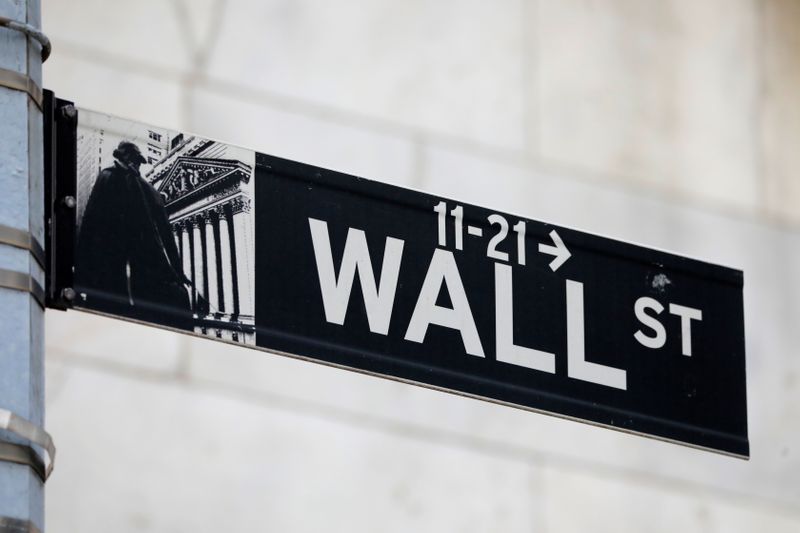This post was originally published on this site

Investing.com — U.S. stocks are seen opening higher Monday, as investors digested the moves over the weekend to protect the country’s banking system in the wake of the collapse of Silicon Valley Bank (NASDAQ:SIVB) as well as the potential impact on future Federal Reserve rate hikes.
At 07:00 ET (11:00 GMT), the Dow futures contract was up 35 points, or 0.1%, S&P 500 futures traded 20 points, or 0.5% higher, and Nasdaq 100 futures climbed 130 points, or 1.1%.
The U.S. Treasury and the Federal Reserve announced on Sunday that they would protect all depositors at SVB, as well as those at Signature Bank (NASDAQ:SBNY) which was wrapped up over the weekend.
These authorities also announced a new funding program for any federally insured bank, aiming to ensure the second- and third-largest failures in U.S. banking history wouldn’t result in runs on other institutions.
“Today we are taking decisive actions to protect the U.S. economy by strengthening public confidence in our banking system,” the joint statement said.
The three benchmark equity indices closed sharply lower on Friday on worries the problems at SVB would have wider repercussions. The blue-chip Dow Jones Industrial Average dropped almost 350 points, or 1.1%, while the broad-based S&P 500 fell 1.5%, and the tech-heavy Nasdaq Composite slipped 1.8%.
The turmoil in the banking sector has also raised expectations that the Federal Reserve will have to think long and hard about raising interest rates next week, as the market had widely expected after hawkish comments from Fed officials and the release of relatively strong economic data.
Investors are growing nervous that the Fed’s campaign to fight inflation has exposed vulnerabilities in the financial system that could grow if it ratchets up its rate hikes.
Influential investment bank Goldman Sachs said on Sunday that its analysts no longer expect the U.S. central bank to deliver a rate hike at its meeting on March 22, having previously predicted a 25-basis-point increase.
In corporate news, the banking sector will remain in the spotlight, with the likes of Wells Fargo (NYSE:WFC), Citigroup (NYSE:C), and JPMorgan (NYSE:JPM) all dropping over 2.5% premarket.
Regional banks were hit even harder, with First Republic (NYSE:FRC) stock falling over 60% premarket, Western Alliance (NYSE:WAL) almost 50% lower, and PacWest Bancorp (NASDAQ:PACW) down 40%.
Oil prices edged lower Monday, giving up earlier gains following a Reuters report that the Biden administration will approve a major oil drilling project in Alaska.
The project is expected to produce about 600 million barrels of oil equivalent over its life, peaking at 180,000 barrels of oil per day, ConocoPhillips (NYSE:COP) said on its website.
Crude prices had benefited earlier Monday from the drop in the U.S. dollar on the raised expectations that the Fed will temper its monetary tightening policy going forward.
The dollar index, which tracks the greenback against a basket of six other currencies, fell to two-week lows, making oil cheaper for holders of other currencies.
By 07:00 ET, U.S. crude futures traded 1.6% lower at $75.44 a barrel, while the Brent contract fell 1.5% to $81.55.
Additionally, gold futures rose 1.1% to $1,887.65/oz, while EUR/USD traded 0.3% higher at 1.0675.

